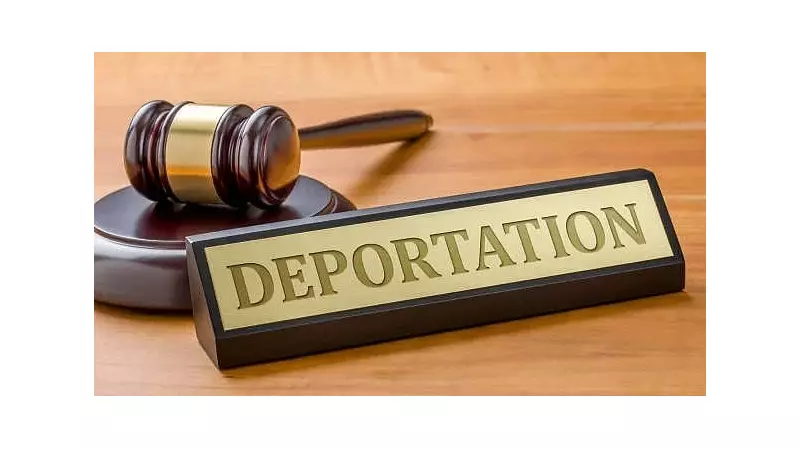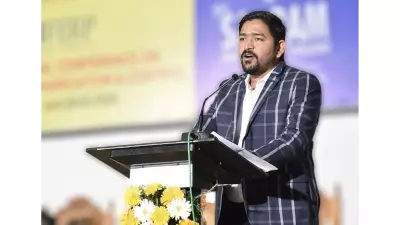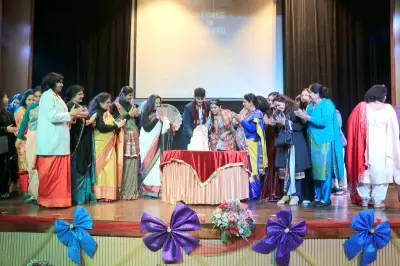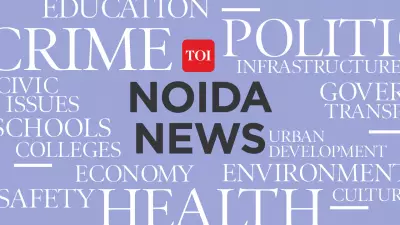
In a disturbing trend that threatens the very foundation of academic freedom, India appears to be systematically shutting its doors to foreign scholars and intellectuals. Recent incidents reveal a pattern of border rejections and visa denials that critics argue is creating an intellectual iron curtain around the nation's educational institutions.
The Border as Academic Barrier
Multiple cases have emerged where respected international academics, invited by prestigious Indian institutions, found themselves turned away at immigration counters. These aren't random occurrences but part of what appears to be a coordinated effort to control the flow of ideas into Indian academia.
The pattern is clear: scholars whose research or viewpoints might challenge established narratives are being prevented from entering the country, regardless of their legitimate invitations and proper documentation.
Silencing Dissent Before It Speaks
This isn't merely about border control—it's about thought control. By preventing certain scholars from entering, authorities are effectively pre-censoring ideas before they can even be discussed in university auditoriums or seminar rooms.
The implications are profound. Indian students are being denied exposure to diverse perspectives, while Indian universities risk becoming intellectual echo chambers rather than vibrant centers of debate and discovery.
Chilling Effect on Global Collaboration
This systematic exclusion threatens India's position in the global academic community. International scholars are becoming increasingly wary of accepting invitations to Indian institutions, fearing last-minute rejections and the professional embarrassment that follows.
The message being sent to the world is unambiguous: some ideas are too dangerous for Indian students to hear, and some debates too risky for Indian campuses to host.
Broader Pattern of Ideological Control
This border-level censorship complements other concerning trends within Indian academia. There's growing evidence of increased governmental scrutiny over curriculum, research priorities, and even the personal political views of academics.
Together, these developments suggest a comprehensive approach to shaping the intellectual landscape of Indian higher education—one that prioritizes ideological conformity over academic freedom.
The Cost of Closed Minds
The ultimate price of this intellectual isolation will be paid by Indian students and the nation's development. History has repeatedly shown that societies that wall off ideas stagnate, while those that embrace intellectual diversity thrive.
As India positions itself as a global power, the question remains: can it achieve its ambitions while closing its mind to challenging ideas and alternative perspectives?





